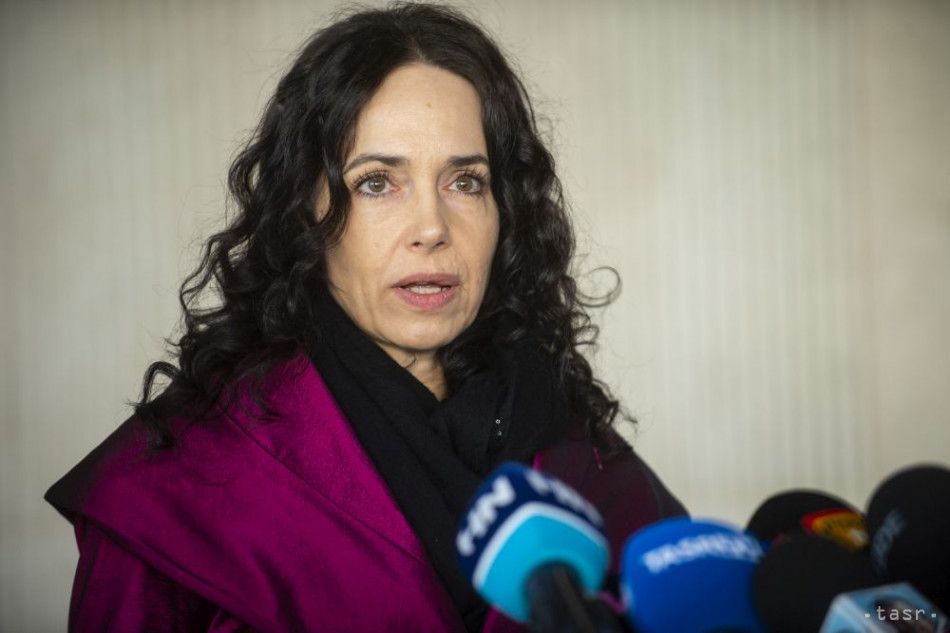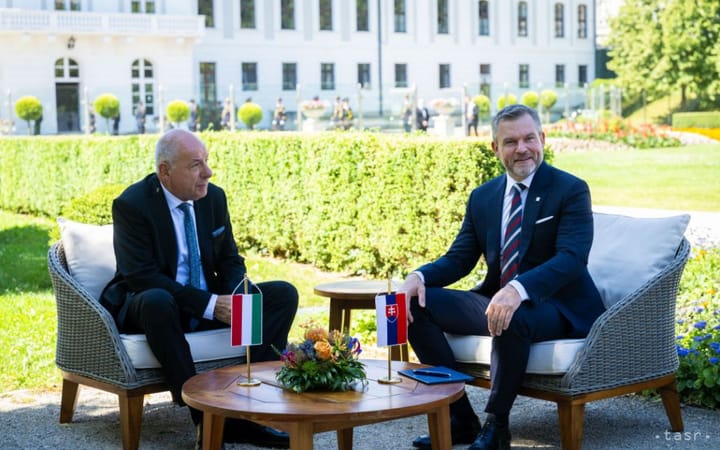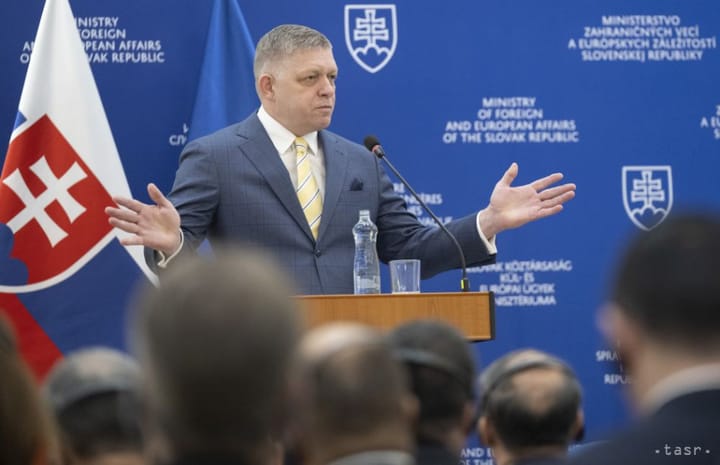CoFoE: MEP Lexmann: EU Public in Particular Concerned about Social Issues

Brussels, May 30 (TASR) – EU citizens are particularly concerned about a wide range of social problems, which were highlighted during the Conference on the Future of Europe (CoFoE); for instance, they called for the green transformation to be accompanied by social measures to mitigate its impact on vulnerable groups, Slovak MEP Miriam Lexmann has told TASR.
The MEP noted that people in Slovakia and in other younger EU-member states are also concerned about the dual quality of food. “This ultimately points to the necessity of greater self-sufficiency in the production of basic foodstuffs,” she said, adding that this is, among other advantages, more environmentally friendly.
Another challenge, according to Lexmann, is the increasingly widespread use of artificial intelligence. “We need to make sure that people and their well-being always remain at the centre of it. At the same time, people must always have the final say in decision-making,” she said.
CoFoE gave the EU public an opportunity to have its say on the future direction of the EU and to propose changes. The plenary of the conference in April adopted 49 proposals comprising more than 300 measures to achieve them under nine broad thematic areas.
“The aim of the conference was, above all, to motivate and invite citizens to debate and put forward their views,” said the MEP. She stressed that the conference was intended to help move the whole of Europe forward, not just EU institutions. However, she said that the conclusions of the conference should also be taken up by national political leaders.
Lexmann considers it crucial for the future of the EU that the principle of subsidiarity is respected and that the division of powers between institutions and the member states, agreed from the outset, is respected.
“I also firmly hope that deepening the interest of the Slovak public in European issues, which would translate, for example, into increased participation in the European Parliament elections, will be one of the fulfilled goals, especially here at Slovakia,” she continued. The MEP appreciated the fact that young people were involved in the conference to a large extent, as it’s the first-time voters who are most absent in these elections.
Lexmann pointed out that instead of institutional issues, it’s now more important to address the concrete problems related to the coronavirus pandemic and, most recently, the war in Ukraine. “People are now looking to us [EU/EP], in particular, for effective solutions to the energy crisis, given the diversification of supply chains and many other socio-economic problems,” she remarked.



